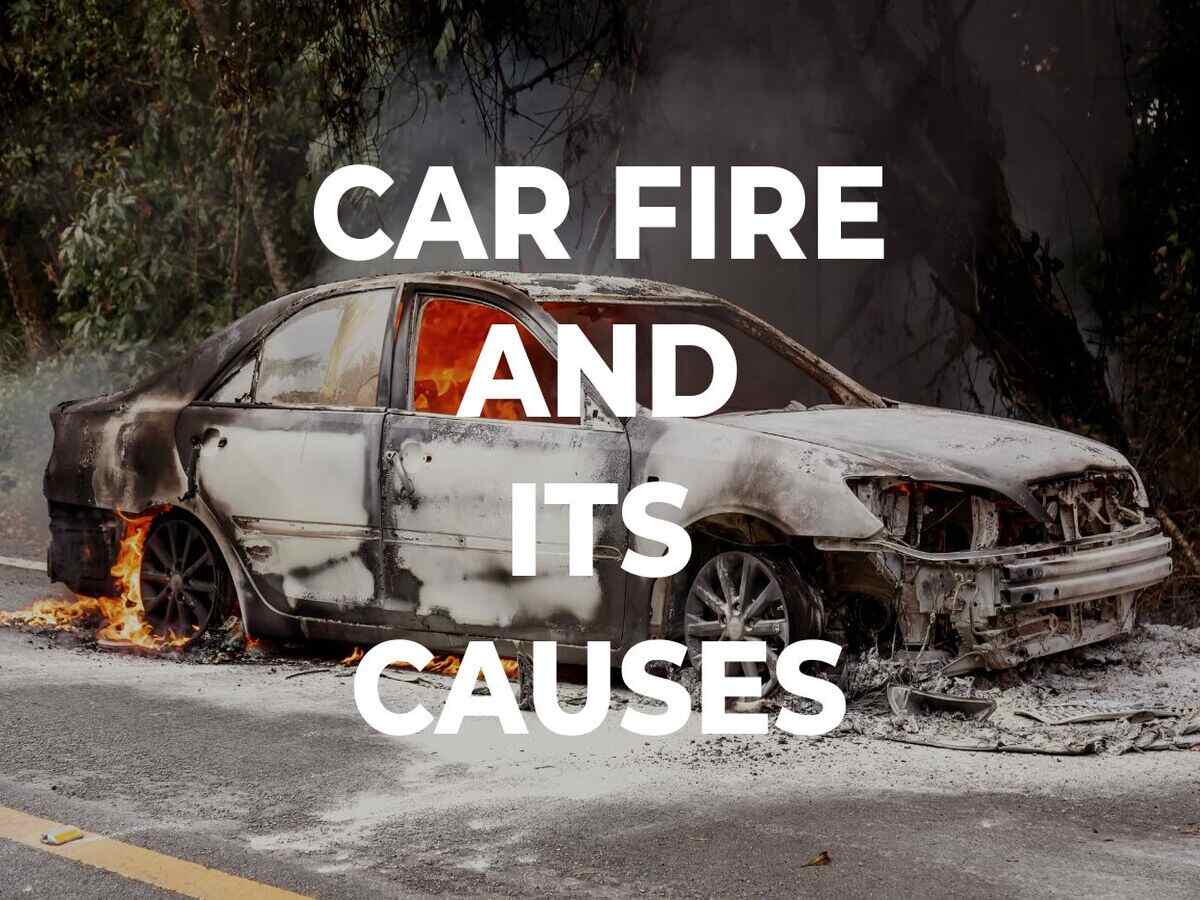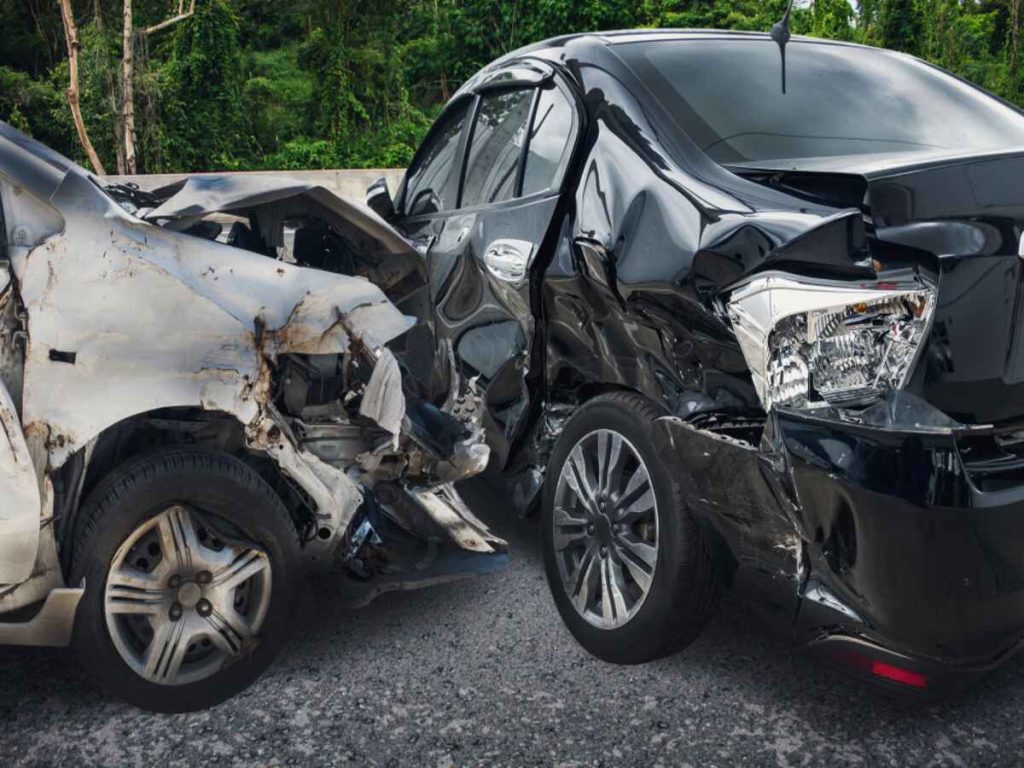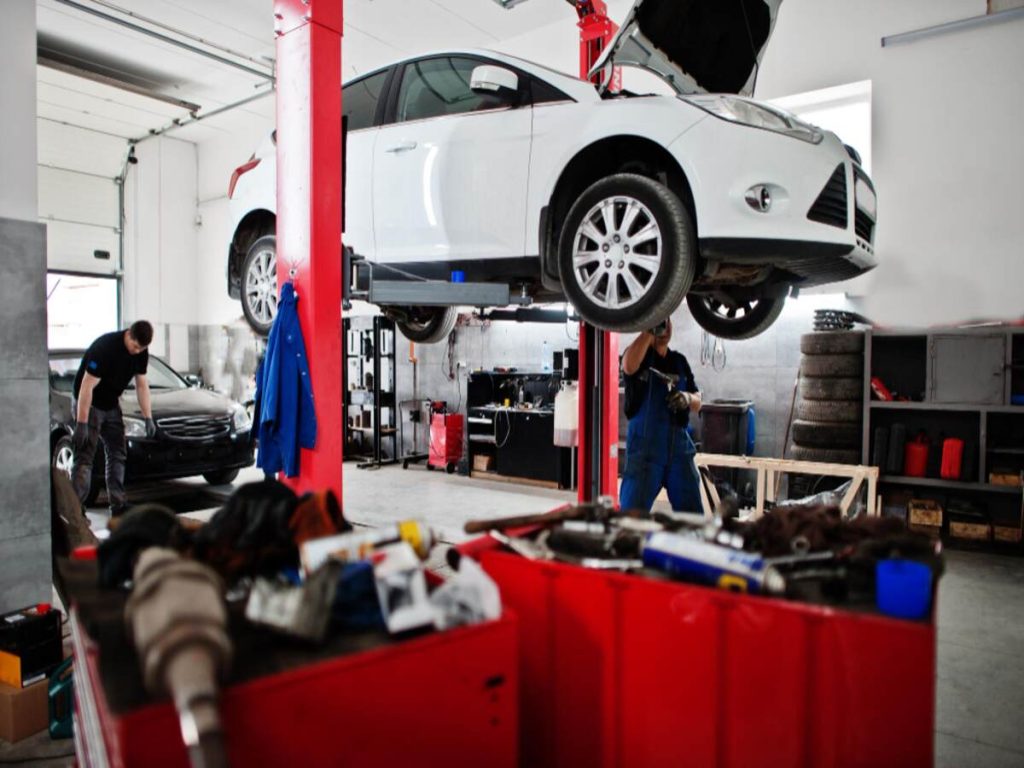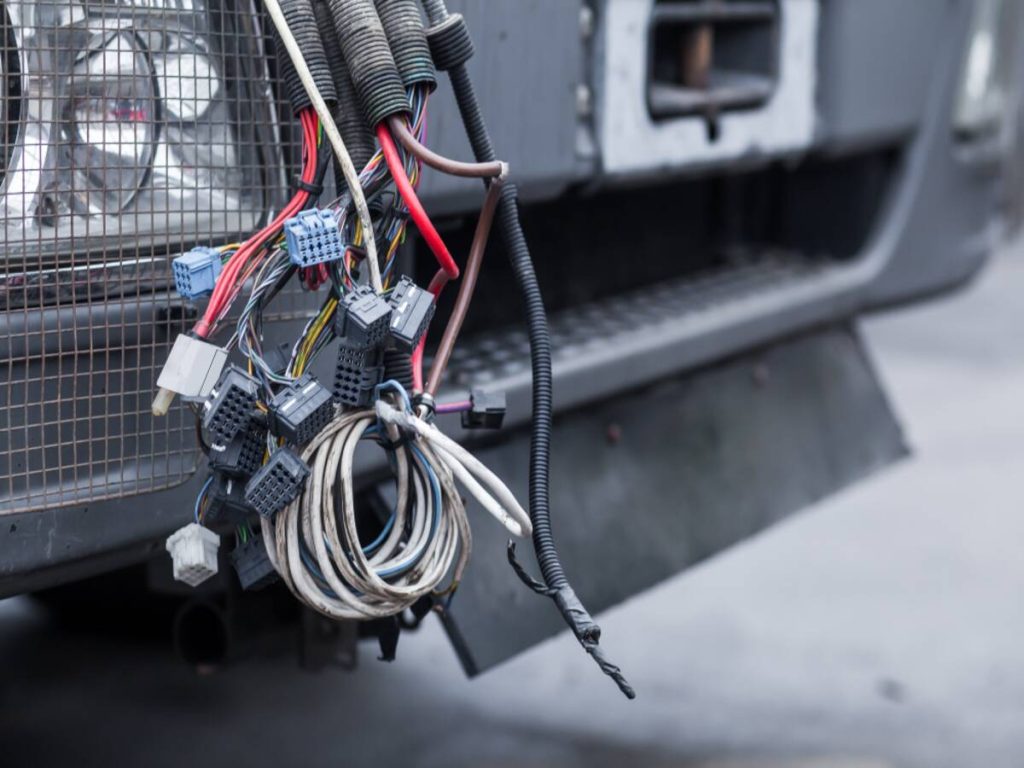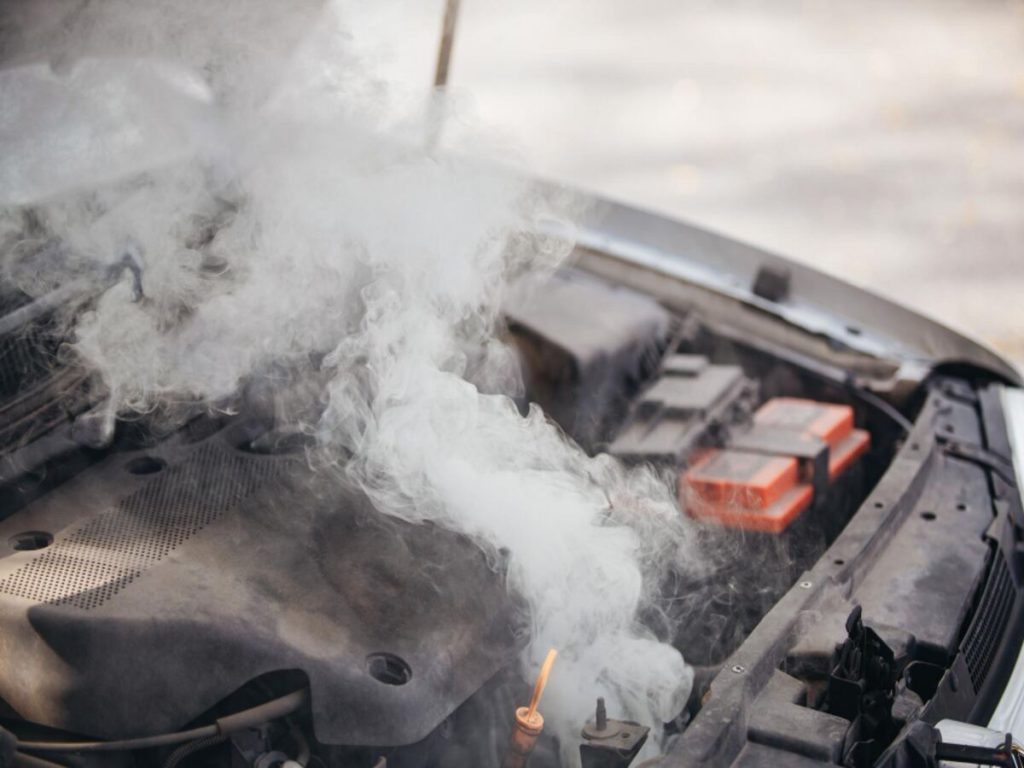Unveiling the Hidden Dangers: Exploring the Causes of A Car Fire
Picture this: You’re cruising down the highway, the wind in your hair, and your favourite tunes playing on the radio. Life couldn’t be more perfect. But suddenly, out of nowhere, thick smoke billows from under the hood, and flames dance menacingly in your rearview mirror. In automotive nightmares, a car fire is undoubtedly one of the most terrifying scenarios any driver can imagine.
A car fire is not just a vehicular malfunction; it’s a situation that can escalate rapidly, putting lives at risk. However, fear not because knowledge is your best ally in such situations. In this comprehensive guide, we’re about to embark on a journey to demystify car fires. We’ll explore their causes, share practical prevention tips, and equip you with the crucial know-how to stay safe in the face of this automotive ordeal.
Our aim is simple: to ensure you, the driver, are well-prepared to face this harrowing situation head-on. So, fasten your seatbelt as we delve into the world of car fires because, as the saying goes, “Forewarned is forearmed.”
Causes of Car Fires
Car fires are a concerning and potentially life-threatening situation that no driver wants to encounter. Various factors can trigger them, and it’s essential to understand these causes to protect yourself and protects important vehicle interiors. It’s vital to be aware of these potential triggers to minimize your risk:
Car Crash
One of the most common causes of car fires is a collision, an event that no one plans for. When vehicles crash, the impact can lead to severe damage, including rupturing the fuel system. This damage allows fuel to leak, and if an ignition source is present, it can lead to a catastrophic fire. The intensity and speed at which gasoline burns mean that even a minor spark can turn into an inferno within moments.
Poor Vehicle Maintenance
More vehicle owners are neglecting regular vehicle maintenance, another potential path to a car fire. Over time, critical components such as fuel lines, air filters, and exhaust systems can become old and deteriorated. These ageing components are at higher risk of failing; when they do, they can become fire hazards. It’s crucial to recognize that regular check-ups and timely repairs can significantly reduce this risk.
Faulty Wiring and Electrical System
The electrical systems within your vehicle play a significant role in its operation. However, electrical components can sometimes go awry, leading to short circuits or damaged wiring. These malfunctions can generate excessive heat, igniting a fire. Ensuring your vehicle’s well-maintained electrical system is as crucial as taking care of its mechanical components and other car components.
Engine Overheating
Engines are designed to produce substantial heat during operation, and maintaining the right temperature is essential. But if a car’s cooling system fails, the engine can overheat. This excess heat can, in turn, lead to fires. Regularly inspecting your car’s cooling system is imperative to avoid such incidents. Keeping an eye on your temperature gauge and addressing any signs of overheating promptly is crucial.
What Should You Do During a Car Fire
Okay, picture this: you’re behind the wheel and suddenly smell something strange. Smoke starts billowing from under the hood, and panic sets in. A car fire! It’s a terrifying scenario, but keeping a cool head and knowing what to do can make all the difference.
Here’s your step-by-step guide to staying safe when confronted with a car fire:
Pull Over Safely
When you suspect a fire in your vehicle, getting off the road as quickly and safely as possible is the most important thing. Signal and move to the side of the road or into a parking lot. Make sure you’re away from traffic and pedestrians. If there’s an exit or a safe spot nearby, aim for that.
Turn Off the Engine
Once you’re safely off the road, the next step is to turn off the car engine. This action is critical because it cuts off the fuel supply to the fire. Do it as quickly and calmly as you can. Remember, every second counts.
Evacuate Immediately
Your safety and the safety of your passengers come first. As soon as you’ve car parked and turned off the engine, get out of the car. Be sure to assist passengers, especially children or anyone with mobility issues. Leave your belongings behind; they can be replaced, but lives cannot.
Call 999
Once you’re safe from the vehicle, dial 999 immediately to report the fire. Give the fire department your exact location and a description of the situation. Firefighters and other first responders will arrive as soon as possible.
Use a Fire Extinguisher (If Safe)
If you have a fire extinguisher in your car and are trained in its use, you can attempt to control the fire. But remember, your safety should always be the top priority. Only tackle the fire if it’s small and manageable. If the flames are spreading rapidly or the smoke is thick and black, leave it to the professionals.
Tips to Prevent Car Fires
Imagine driving down the highway, wind in your hair, and not a worry in the world. Imagine that tranquillity interrupted by the sudden, terrifying realization that your car is on fire. We all hope to avoid this scenario, and you can significantly reduce the risk by taking some simple yet critical preventive measures. Here’s how you can keep those flames at bay:
Regular Maintenance
Think of your car like your own body. It needs check-ups, and it needs to stay in tip-top shape. Regular maintenance is the first and most crucial step in preventing car fires. Why? Well, just like you’d visit a doctor for a check-up, your car needs its ‘doctor’ too. Regular visits to your mechanic can help spot potential issues before they escalate into fire hazards. They’ll inspect your vehicle’s various systems, ensuring everything functions correctly. It’s their job to keep your car running safely, from fuel lines to exhaust systems.
Electrical System Inspection
Your car’s electrical system is like its nervous system, sending messages and power everywhere. If something goes haywire, you could have a dangerous short circuit that sparks a fire. So, have a qualified mechanic inspect your electrical system periodically. They’ll check for frayed wires, faulty components, and anything that might lead to a short circuit. A little preventive care here goes a long way in preventing electrical fires.
Fuel System Care
Fuel, as we know, is highly flammable. A leak in the fuel system can spell disaster. Regularly maintaining your fuel system is not just about gas tank mileage; it’s about preventing fire. Keep the fuel system clean and well-maintained to ensure no leaks or weak spots. A small investment in time and money here can save you from a bigger disaster.
Proper Driving
Alright, we all love a bit of speed now and then, but reckless driving is a surefire way to invite trouble. Obey traffic rules, avoid aggressive driving, and keep a safe distance from the car in front of you. This reduces the fire risk of accidents that could rupture your fuel system or damage your vehicle’s structure, increasing the chances of a fire. In other words, drive responsibly and stay safe.
Carry a Fire Extinguisher
This is like your safety net. While it’s not necessarily a preventive measure, having a fire extinguisher in your car can be a lifesaver in a small fire. A swift response with a fire extinguisher can help contain the situation until the professionals arrive. Ensure you know how to use it and it’s in good working order.
Conclusion
In automobiles, few experiences are as terrifying as a car fire. The dangers it poses to you and your loved ones are genuinely harrowing. However, as we’ve explored in this guide, knowledge is power. Understanding the causes, knowing how to prevent vehicle fires, and being prepared with the right action plan in an emergency can make all the difference.
Regular maintenance, responsible driving, and the vigilance to spot potential issues can significantly reduce the risk of a car fire. Just like a well-maintained body is less likely to fall ill, a well-maintained car is less likely car catches fire.
At VIC Engineering, your safety is our priority. We offer top-notch fire protection system services, including fire sprinkler systems and various fire protection products to keep your vehicle in prime condition, helping you avoid the perils of car fires. Our team of expert mechanics and technicians are dedicated to ensuring that your car is not just a mode of transportation but a haven on wheels.
So, remember, safe driving is not just a matter of rules and regulations; it’s a commitment to your well-being and those on the road with you. Stay safe, keep your car in great shape, and drive responsibly. Together, we can prevent the nightmare of car fires and make every journey safe and pleasant.

